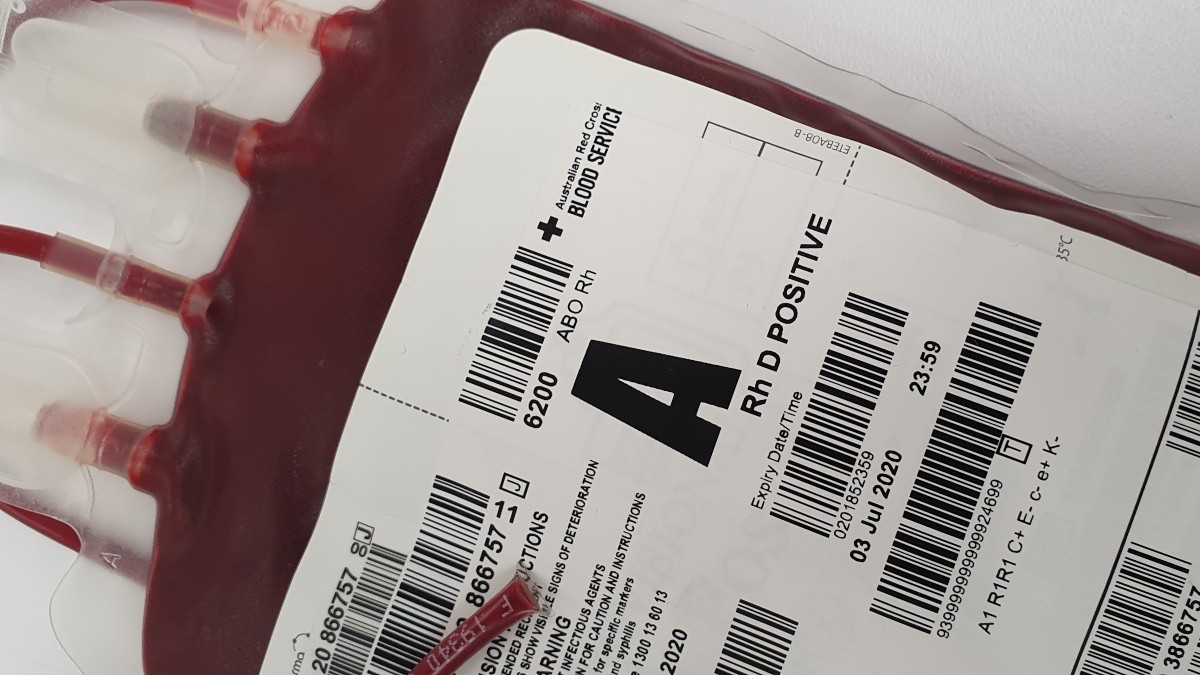Health
LGBTQ advocates call to ease restrictions on gay men donating blood

WHAT YOU NEED TO KNOW:
- Calls for the FDA to loosen restrictions on gay men donating blood are mounting
- Amid blood shortage in the country, 22 U.S. senators wrote a letter to the FDA, urging them to replace the “discriminatory” rule.
- Gay and bisexual men are required to abstain from sexual activity for three months before blood donation.
Amid a historic national blood shortage, calls on the Food and Drug Administration to ease restrictions on gay or bisexual men donating blood are mounting.
Twenty-two U.S. senators wrote a letter to the FDA and the Department of Health and Human Services last month to press them to eliminate a “discriminatory” rule that requires gay and bisexual men to abstain from sexual activity for three months before blood donation.
The group of senators also requested a meeting with the agency in the next month to update the blood donation policies.
The Human Rights Campaign, the nation’s largest LGBTQ+ civil rights organization, said the current policy is “outdated.” It “does not reflect the state of the science, and continues to unfairly stigmatize one segment of society,” the group added.
The nation is having a blood crisis for the first time ever, according to the American Red Cross, urging Americans to consider donating blood immediately. The country’s blood reserve, which previously holds a five-day supply of blood, has been down to less than one day reserve.
The FDA regulates America’s blood supply. In 1983, the agency imposed a ban on gay and bisexual men donating blood due to the HIV/AIDS epidemic.
In 2015, the FDA amended the policy, allowing them to donate blood after abstaining from sexual activity for one year. The rule was shortened to three months in April 2020.
A 2014 study from UCLA’s Williams Institute estimated that lifting the ban entirely could “increase the total annual blood supply by 2%-4%, adding from 345,400 to 615,300 pints of blood each year.” One pint of blood can save up to three lives.
The Centers for Disease Control and Prevention requires all blood donations to be tested for infectious disease pathogens like HIV and Hepatitis C. The American Red Cross estimates the risk of getting an HIV-positive blood donation is 1 in 1.5 million for U.S. patients.
Last year, the FDA launched a study known as ADVANCE, or Assessing Donor Variability and New Concepts in Eligibility, to examine whether the three-month donor deferral period can be amended based on an individual risk assessment.
The study aims to enroll 2,000 men through 11 national blood banks in several participating cities. The American Red Cross, along with national blood banks like Vitalant and OneBlood, are conducting the study.
The study will evaluate whether updating the screening questionnaire that all donors fill out to focus more on individual risk would be as effective as a blanket, time-based deferral in reducing the risk of HIV in the blood supply.
The results of the ADVANCE study were expected in December 2021, but have been delayed due to lack of participation, according to the American Red Cross.
Source: CBS News

Sheldon Nadler
February 7, 2022 at 4:28 pm
Gay men and women have a higher percentage chance of carrying the HIV infection in their blood! LGBTQ are morons.